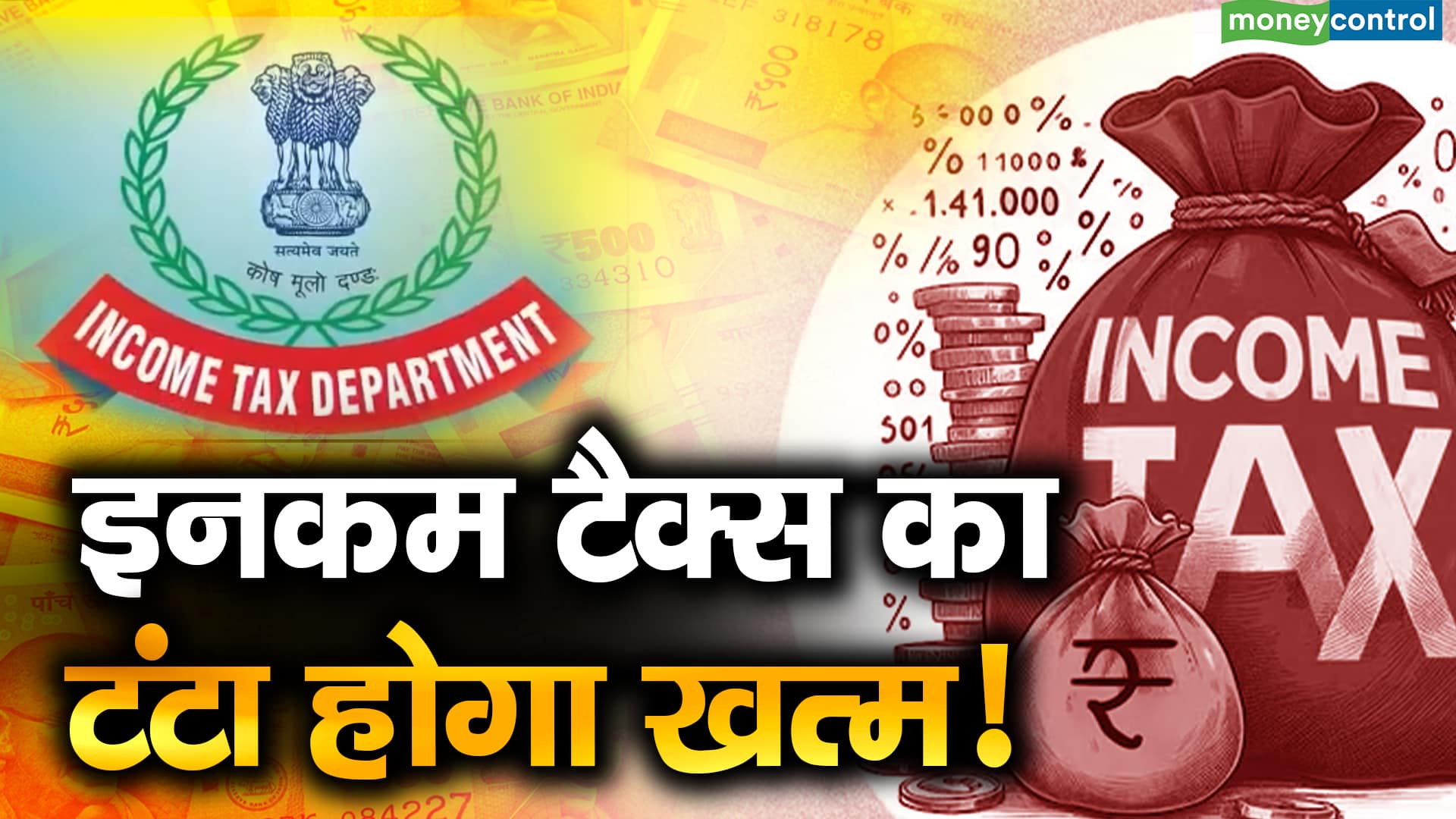Understanding Income Tax Disputes
When it comes to income tax, clarity and communication between taxpayers and the Income Tax Department are crucial. However, many taxpayers often find themselves at odds with the notices issued by the department, leading to a range of disputes that can significantly impact their financial stability. Navigating these disputes can be complex, and understanding the process can help taxpayers to manage any disagreements more effectively.
What is a Demand Notice?
A demand notice is a formal communication issued by the Income Tax Department, demanding payment of taxes owed. Taxpayers might disagree with the notice for various reasons, such as discrepancies in reported income, miscalculations of tax dues, or the inclusion of incorrect financial information from previous years.
Filing an Appeal Against the Demand Notice
When a taxpayer believes that a demand notice is unjust or incorrect, they have the right to file an appeal. This process generally involves submitting a written application to the relevant tax authority, outlining the reasons for dispute. It’s essential to adhere to the deadlines specified in tax laws to ensure that the appeal is considered valid.
Steps Involved in Filing an Appeal
- Review the Notice: Carefully read the demand notice to understand the specific issues raised.
- Gather Supporting Documents: Compile all relevant documentation, such as tax returns, financial statements, and communication with the tax authorities.
- Prepare an Appeal Application: Formulate a clear and concise appeal letter, citing legal provisions and attaching supporting documents.
- Submit the Appeal: Send the appeal application to the designated tax office, ensuring that a copy is retained for personal records.
- Follow Up: Monitor the status of the appeal and respond promptly to any additional information requests from the authority.
Outcomes of the Appeal Process
Once an appeal is filed, the Income Tax Department will review the case. If the decision is favorable to the taxpayer, they will receive a revised notice reflecting the correct tax obligations. However, if the department stands by its original notice, taxpayers have the option to appeal further to higher judicial authorities. This cycle can potentially lead to an increase in the number of ongoing tax disputes, burdening both taxpayers and the department alike.
Table: Common Reasons for Disputes
| Reason for Dispute | Description |
|---|---|
| Discrepancies in Income | Taxpayers may have reported lower or higher income than what is accounted for by the department. |
| Misclassification of Deductions | Misunderstandings regarding eligible deductions can lead to disputes over taxable income. |
| Errors in Tax Computation | Calculation mistakes can result in an incorrect demand notice, prompting appeals. |
| Additional Tax Liabilities | Taxpayers may dispute additional liabilities assessed by the tax authorities. |
Conclusion
Income tax disputes are a common problem for many taxpayers. Understanding how to navigate the appeal process is vital for resolving these issues. By reviewing demand notices thoroughly, filing appeals correctly, and being prepared for further disputes if necessary, taxpayers can better protect their financial interests and ensure compliance with tax laws. Staying informed and seeking professional assistance when needed can also help in effectively managing and resolving tax disputes.












